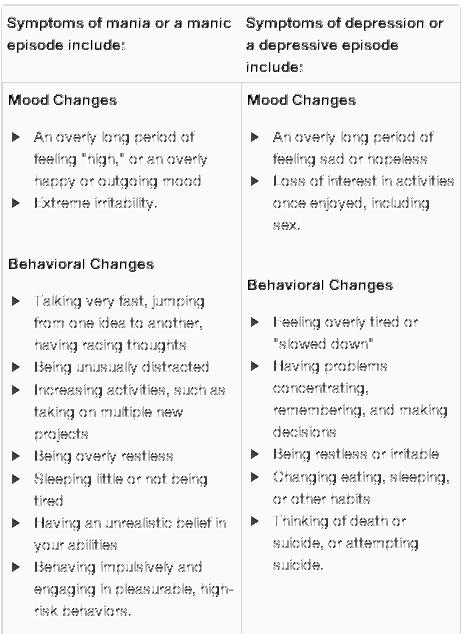WordPress is pretty neat because it can show the webmaster terms people have searched that landed them on your page. For instance, AAES gets a lot of hits for ‘mental health awareness’ and ‘suicide prevention’ – which is exactly the kind of information this website caters to!
Oftentimes people searching similar keywords to articles discussed on this website get directed here.
Nearly every week, terms like ‘adderall abuse,’ ‘will taking unprescribed adderall make me bipolar,’ and ‘ADD meds and my brain’ pop up. It’s time this is addressed.
What you do with your life, only you can decide. It’s important, however, to gather up all the facts you can. When I was in high school and college, and even now in higher, higher education (medical school and such) I see, hear, and/or read about adderall abuse. In the United States, Adderall is a controlled substance because it contains amphetamine salts, the parent compound for methamphetamine. When used as prescribed, Adderall treats symptoms from attention deficit hyperactivity disorder (ADHD) and narcolepsy by increasing the activity of norepinephrine and dopamine, two prominent neurotransmitters in the brain.
For the adderall abuser, that is, a person who has no medical necessity for the drug and is therefore not prescribed the drug, amphetamines have many desirable effects. Taking someone else’s adderall can produce increased feelings of euphoria, increase libido, improve arousal, enhance cognitive control, increase muscle strength and reduce fatigue. It’s long been a drug of choice for truck drivers, athletes, and students despite the heavy emotional and physical burden it bestows.
(According the Acadiana Addiction Center, “Full-time college students were twice as likely as their non-college counterparts to abuse Adderall nonmedically in the past year in a 6.3% for full-time college students and 3.0% for non-college counterparts.”
Many individuals with an amphetamine addiction also struggle with a co-existing mental illness, including, but not limited to Depressive disorders, Anxiety disorders, Bipolar disorder, Alcoholism, and Schizophrenia. People with an addiction to adderall are also more likely to be addicted to benzodiazapines, nicotine, the THC in weed, and crystal meth. There is currently no evidence to suggest adderall addiction causes bipolar disorder, but a side by side comparison of the symptoms of each are strikingly similar.
Adderall Abuse Symptoms
Mood:
Euphoria
Pleasant sense of wellbeing
Anxiety
Depression
Mood swingsBehavioral:
Marked increase in energy
Increased athletic prowess
Ability to stay awake for hours
Improved memory and recall
Decrease in appetite
Decreased need for sleep
Improved scholastic or occupational performance
Reduction of normal, expected social inhibitions
Altered sexual behaviors
Increased risk-taking behaviors
Unrealistic goals for achievement
Unrealistic beliefs about personal power and abilityPhysical:
Dilated pupils
Addiction
Tolerance
Increased respiration rate
Cardiac arrhythmias
Headache
Nausea and vomiting
Malnutrition
Cardiovascular system abnormalities
Hypertension
Angina pectoris
Skin disorders
SeizuresPsychological:
Psychosis
Hallucinations
Delusions
Paranoia
Hostility
Aggression
Never, EVER, accept medications from someone that are not PRESCRIBED TO YOU. The ideal road to recovery is to never step foot on that path to begin with. If you, or someone you know, is addicted to adderall, YOU CAN GET HELP. YOU ARE NOT ALONE. There are many, many resources available.
Check out the Coalition Against Drug Abuse here: drugabuse.com
In addition to their live chat services they also have a hotline you can call that operates 24/7. Need Help Understanding Your Addiction Treatment Options? Call 1-800-943-0566.

